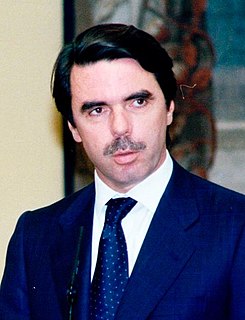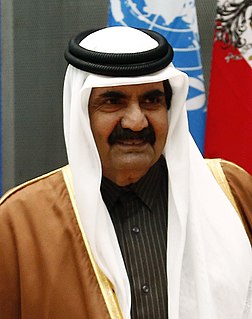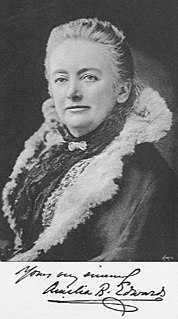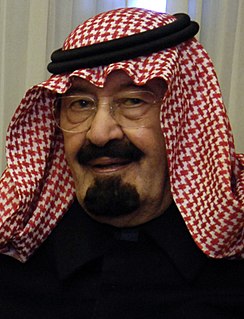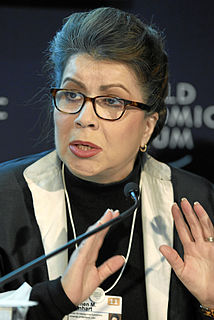A Quote by Jose Maria Aznar
In crises, the old is dying and the new has not been born. Hence, the revolts we are witnessing in Egypt and Tunisia, which may yet extend to other countries in the region, are full of uncertainties.
Related Quotes
Even after the whole democratization process, it's quite clear that the United States are not seen in a positive way in all the Muslim-majority countries - in Egypt, in Libya, even in Tunisia - even though we have now a kind of trying to be recognized as democrats by the Islamists who are running, you know, Tunisia and Egypt. But the popular sentiment is very, very negative.
All is made clear,regarding Abraham and Sarah's traversal into Egypt, when we realize what biblicists meant by the term "Egypt." As Ralph Ellis so brilliantly points out, the name Egypt was employed by the composers of the Old Testament to denote Thebes in Lower Egypt. This was the city and region controlled by the adversaries of the Hyksos. It was considered a separate region, with different rulers, gods, customs, and politics. So, it was not the country of Egypt that Abraham visited, but Thebes within Egypt.
Women in the Arab world have a rich history in their active participation in political change from the Algeria revolution against the French occupation to the most recent revolution in Tunisia, Egypt, Libya among other countries. The question is not their participation. Their question is the incorporation of women's voices fully in the new definitions of the countries where change has happened.
I see encouraging signs of democracy developing in other places in the Middle East. In Tunisia, in Iraq, and now in Egypt. Tunisia is the one Muslim country that does something for girls and education. As far as I know, this is the only Muslim country where this is true. There is compulsory education for girls from the age of 5.
It may be said of some very old places, as of some very old books, that they are destined to be forever new. The nearer we approach them, the more remote they seem: the more we study them, the more we have yet to learn. Time augments rather than diminishes their everlasting novelty; and to our descendants of a thousand years hence it may safely be predicted that they will be even more fascinating than to ourselves. This is true of many ancient lands, but of no place is it. so true as of Egypt.
If I look at the really important questions in [Middle East] region, I see Iran, where there is a strong desire for a freer society and where people are repressed by a small group of ayatollahs. I see Syria, where we can see a similar desire of the people to be free. These two countries fund Hezbollah and other terrorist organizations and are hurting our efforts in Afghanistan and have been extremely harmful in Iraq. Then I also see large, important countries such as Egypt and Saudi Arabia.
If you look at the list of the top wheat importers for 2010, almost half of them are Middle Eastern regimes: Egypt, Algeria, Iraq, Morocco, Yemen, Saudi Arabia, Libya, and Tunisia. Egypt is the number-one importer of wheat in the entire world. Tunisia leads the entire world in per capita wheat consumption. So it's no wonder that the revolutions began with Tunisians waving baguettes in the streets and Egyptians wearing helmets made of bread.
The region belonging to the pure intellect is straitened: the imagination labours to extend its territories, to give it room. She sweeps across the boarders, searching out new lands into which she may guide her plodding brother. The imagination is the light which redeems from the darkness for the eyes of the understanding. Novalis says, 'The imagination is the stuff of the intellect' -affords, that is, the material upon which the intellect works.
The essence of the this-time-is-different syndrome is...rooted in the firmly held belief that financial crises are things that happen to other people in other countries at other times; crises do not happen to us, here and now. We are doing things better, we are smarter, we have learned from past mistakes. The old rules of valuation no longer apply. Unfortunately, a highly leveraged economy can unwittingly be sitting with its back at the edge of a financial cliff for many years before chance and circumstance provoke a crisis of confidence that pushes it off.
What is a country? A country is a piece of land surrounded on all sides by boundaries, usually unnatural. Englishmen are dying for England, Americans are dying for America, Germans are dying for Germany, Russians are dying for Russia. There are now fifty or sixty countries fighting in this war. Surely so many countries can't all be worth dying for.
